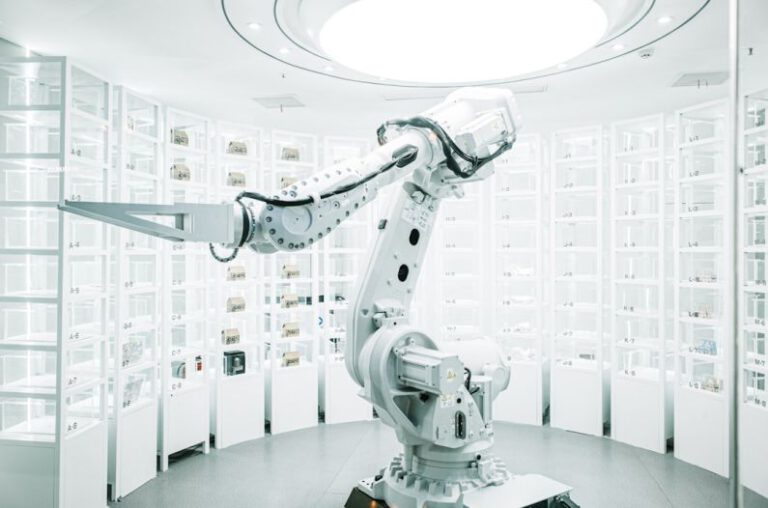Time Travel Theories: Edging Closer to Reality
Imagining the possibility of time travel has captured the human imagination for centuries. The idea of journeying through time, witnessing historical events, or even correcting past mistakes is a concept that has long been explored in science fiction. However, recent advancements in physics and technology have led to a resurgence of interest in the feasibility of time travel. Let’s delve into some of the intriguing theories and developments that are bringing us closer to unlocking the mysteries of time travel.
The Concept of Time
Time is a fundamental aspect of our existence, governing the progression of events and defining the past, present, and future. In the realm of physics, time is often viewed as a dimension intertwined with space in a concept known as spacetime. According to Albert Einstein’s theory of relativity, time is not a fixed entity but rather a flexible dimension that can be influenced by gravity and motion. Understanding the nature of time is crucial to unraveling the possibilities of time travel.
Wormholes and Black Holes
One of the most prominent theoretical frameworks for time travel involves the concept of wormholes. Wormholes are hypothetical tunnels that connect two separate points in spacetime, potentially allowing for shortcuts through the fabric of the universe. While wormholes have not been observed in reality, they are a fascinating area of study in theoretical physics. Black holes, on the other hand, are regions of spacetime where gravity is so intense that not even light can escape. Some scientists have theorized that black holes could potentially be used as portals for time travel, although the feasibility of such a journey remains uncertain.
Time Dilation
Another intriguing phenomenon that plays a crucial role in the theory of time travel is time dilation. Time dilation occurs when time passes at different rates for observers in different frames of reference. This effect is a direct consequence of Einstein’s theory of relativity and has been experimentally verified in various contexts, such as with high-speed particles or objects near massive gravitational fields. The concept of time dilation is essential to understanding how time travel could theoretically be achieved, particularly in scenarios involving near-light-speed travel.
Quantum Mechanics and Parallel Universes
The field of quantum mechanics introduces a whole new layer of complexity to the concept of time travel. Quantum theory suggests that particles can exist in multiple states simultaneously and that the outcome of an event is probabilistic rather than deterministic. Some interpretations of quantum mechanics propose the existence of parallel universes, where alternate versions of reality coexist alongside our own. The idea of branching timelines and parallel universes opens up intriguing possibilities for time travel, suggesting that traveling to the past could result in entering a different timeline rather than altering our own history.
The Grandfather Paradox
One of the most famous paradoxes associated with time travel is the grandfather paradox. This thought experiment posits a scenario where a time traveler goes back in time and prevents their grandfather from meeting their grandmother, thus preventing their own birth. The paradox raises questions about the consistency of causality and the potential for paradoxes to arise if time travel were possible. Resolving paradoxes like the grandfather paradox is a significant challenge in developing a coherent theory of time travel that does not lead to logical contradictions.
Ethical and Practical Considerations
While the theoretical frameworks for time travel continue to evolve, ethical and practical considerations loom large in the discussion. The implications of altering the past or interacting with different timelines raise complex moral dilemmas and philosophical questions. Additionally, the technological challenges of building a time machine capable of traversing spacetime remain daunting. As we edge closer to unlocking the secrets of time travel, it is essential to consider the ethical, social, and scientific implications of such a profound discovery.
Embracing the Unknown
In the quest to unravel the mysteries of time travel, scientists and enthusiasts alike are driven by a shared curiosity about the nature of reality and the possibilities that lie beyond our current understanding. As we continue to push the boundaries of knowledge and explore the frontiers of theoretical physics, the prospect of time travel remains a tantalizing enigma that beckons us to venture into the unknown. While we may not yet have the technology to journey through time, the unfolding theories and discoveries in this field bring us closer to realizing the dream of traversing the fourth dimension and unlocking the secrets of the past, present, and future.






